
From September to December, net foreign exchange purchases came in at $86.9 billion, accounting for 79 percent of the $110.6 billion worth of settlement surpluses seen over the whole of 2012, the SAFE announced in the statement.
Zhu mainly attributed the rising capital inflows to recent improvements in trade and confidence in the yuan's appreciation. China's December trade surplus soared 61 percent year-on-year to $31.6 billion, customs data show; while the yuan's central parity rate against the US dollar strengthened to 6.2855 at the end of December from 6.3499 at the end of August, according to the PBC.
However, based on current data, it is still hard to say whether the country has been experiencing accelerated inflows of hot money or not, the SAFE said.
The foreign exchange regulator went on to say that the coming year may see a large amount of speculative money flowing into China. Amid the ongoing international financial crisis, the low interest rates and loose monetary policies in developed economies are expected to continue boosting global liquidity while enhancing the market's preference for risk, which will likely spur speculative capital movement into the country from abroad, it explained.
"If the country does receive massive inflows of hot money this year, domestic assets such as securities and property will likely face great upward price pressure, shoring up inflation levels," said Zhu from CEIBS. "Moreover, the appreciation pressure on the yuan will also increase significantly."
In theory, the central bank could relieve some of this pressure by sterilizing capital flows via open market operations, according to Zhu.
 |
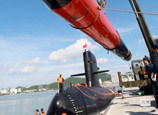


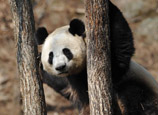
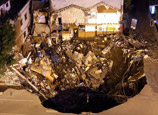
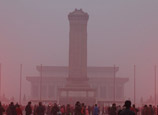


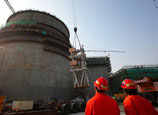
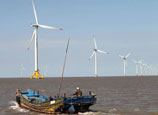






 Buildings collapse after subsidence in S China
Buildings collapse after subsidence in S China


![]()
